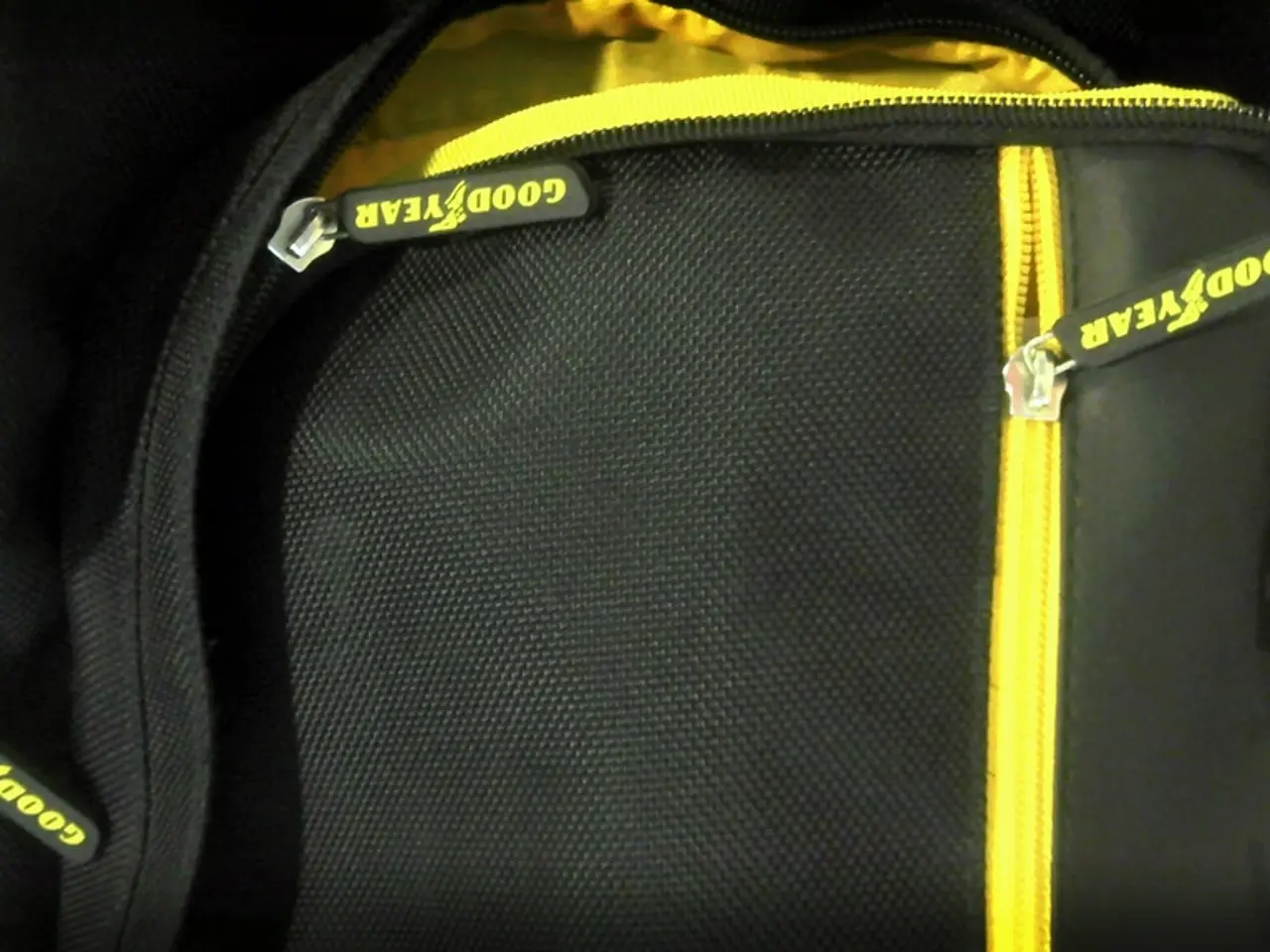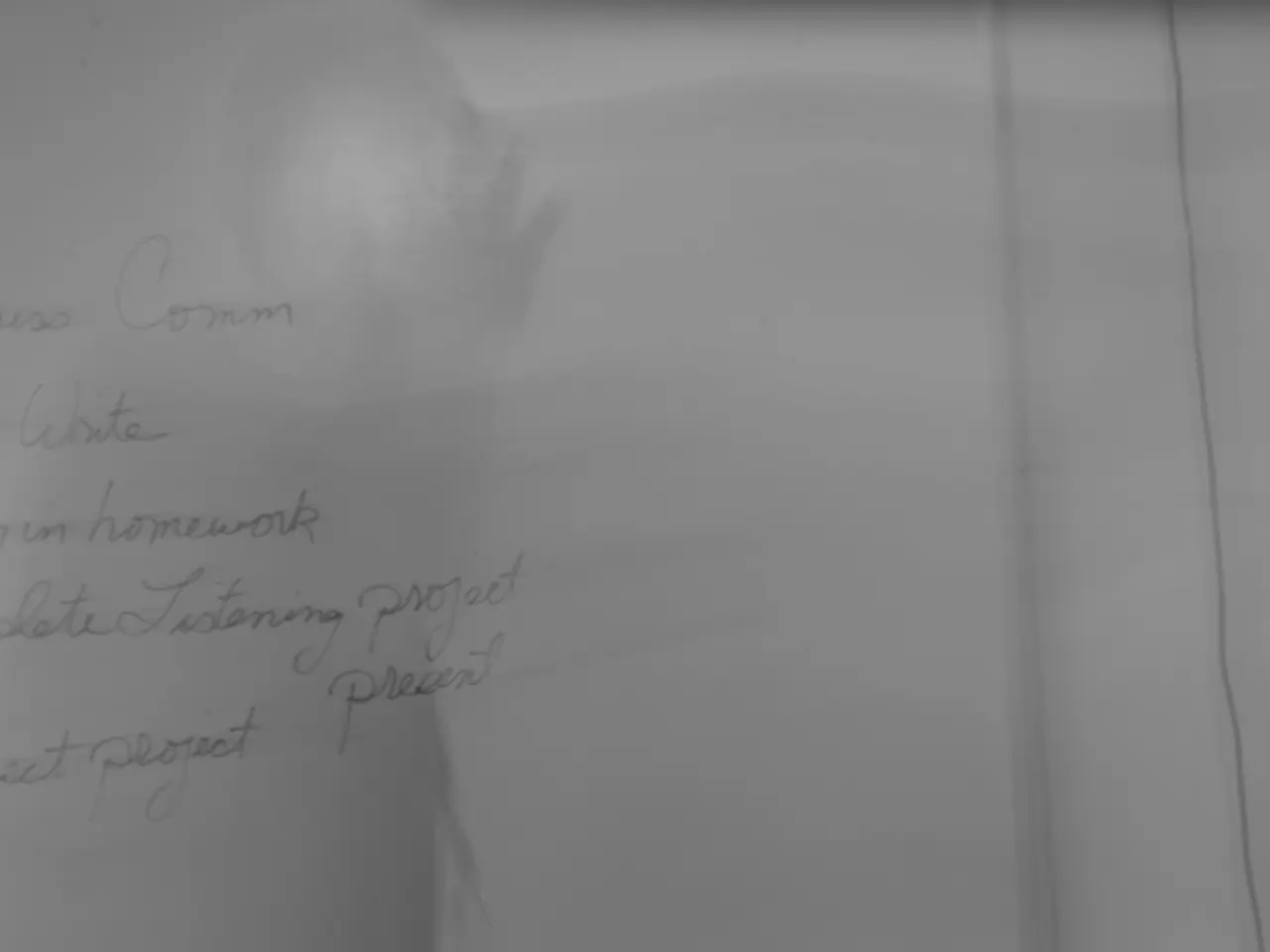Political parties CDU and CSU refuse to support tax hikes, disregarding the existing budget deficit.
In a move that has sparked debate, German Federal Minister of Finance, Lars Klingbeil, has emphasized the need for growth promotion as the key approach to consolidation. This stance, however, has been met with criticism from the Union (CDU and CSU) who oppose tax increases and advocate for stricter fiscal discipline.
Klingbeil's budget draft projects increased expenditure and record investments, but it also foresees a widening deficit. The proposed corporate tax cuts and compensatory payments have raised concerns about potential tax rises and increased borrowing. The Union, led by Jens Spahn (CDU), has criticized Klingbeil and the SPD for their approach, which includes large military spending increases and sizable investment plans financed partly by debt and potentially higher taxes.
The Union generally opposes tax increases and insists there should be no tax hikes, a stance shared by the CSU's general secretary, Martin Huber. In contrast, the SPD under Klingbeil accepts the necessity of additional borrowing and contemplates tax increases to finance expansive social and infrastructure investment plans and bolster Germany’s defense capabilities.
Klingbeil has emphasized a "strict course of consolidation" with savings expected from all ministries. However, he has not ruled out tax hikes as part of the funding strategy to handle the increasing deficit and a projected €172 billion funding gap through 2029. This openness towards tax increases has been a point of contention, with Spahn expressing concern over Klingbeil's stance.
The chairman of the CSU parliamentary group in the Bundestag, Alexander Hoffmann, shares Spahn's view on tax increases. He, along with Klingbeil, urges state efficiency debates instead of tax increase debates. Klingbeil has already implemented first steps towards consolidation, such as in personnel, administrative expenses, and funding programs.
Spahn, on the other hand, expects the state to review all expenses and save. He has emphasized the need for tough austerity measures. The coalition agreement, a significant point of contention in the debate about the federal budget, does not provide for tax increases, according to Spahn.
Citizens expect the state to save money, a sentiment echoed by Hoffmann, who emphasized the need to adhere to the provisions in the coalition agreement. The CSU also shares this view, emphasizing the need to adhere to the agreement's provisions.
In summary, the Union criticizes Klingbeil for indicating tax increases might be necessary, opposing further tax burdens and preferring more austere fiscal policies. Meanwhile, the SPD under Klingbeil proposes a more expansionary fiscal policy, accepting higher debt and possible tax hikes to enable broad investments and defense spending. This fundamental difference in budget consolidation philosophies between these parties continues to fuel the ongoing debate.
Note: This article is based on available information and does not include personal opinions or unverified speculations.
- The ongoing debate in policy-and-legislation regarding Germany's federal budget is centered around the Union's criticism of Lars Klingbeil and the SPD's proposal for potential tax increases, which they view as a departure from stricter fiscal discipline in politics.
- Amidst general-news reports, the Union, led by Jens Spahn, insists on adhering to the provisions in the coalition agreement that do not provide for tax increases, while the SPD under Klingbeil advocates for a more expansionary fiscal policy accepting higher debt and possible tax hikes.








